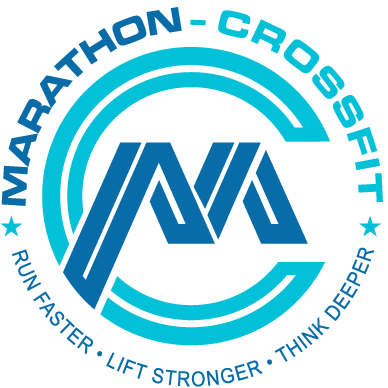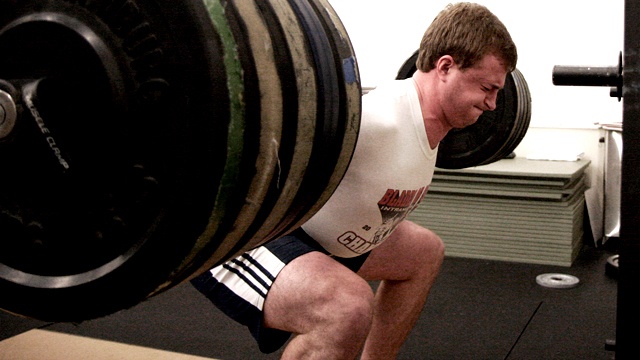Are barbell squats bad for you?
Exercise is good for you. Barbell squats can be a risk when they are executed wrong or you do not know your limits. All around the benefits of being active outweigh the risk of injury.
Related articles
What is your why
Before we go into the details of whether barbell squats are bad for you to let me ask you some questions:
- Why do you want to barbell squat?
- Why do you want to build muscle?
- Why do you to get stronger?
- What happens if you do?
- What happens when you don’t?
These questions will determine your success. If you have no clear answers to these questions you will not reach your fitness goals. The clearer the answers to these questions the better your results will be. Take the time to reflect on them. It will pay dividends. Most people go through their lives like this:
- What do I want?
- How do I get it?
- Why do I want it?
With this approach, you will very likely chase your own tail. It will feel like things are not gonna anywhere. What you want changes hundreds of times a day. If that is the guiding principle you ultimately go nowhere. You will be pulled in a million directions with no traction. This changes when you flip things on its head:
- Why do you want something
- How do you get it
- What do you need to do to get it
By focusing on why your actions and thoughts will become more connected. Everything you do will add up to a single most important matter of the heart. Your days will feel less meaningless and more productive. It is as if you made extra time for yourself. To understand how this works on a psychological level read Daniel Kahneman's thinking fast and slow. Simon Sinek explains this in his great TED talk on the golden circle.
Barbell squats
Barbell squats are one of the most underused exercises in the gym. Many people are afraid of them. There is no need to be. There are three main variations of barbell squats:
- The low bar back squat
- The high bar back squat
- The front squat
The low bar squat is the version which most powerlifters prefer. With this squat, you place the bar a bit lower on your back. This gives the bar a bigger shelf to rest on. The bigger shelf will enable you to activate the lower back more during the lift. This comes at the expense of having to move slower.
The high bar squat is the version of the barbell squat which most people default to. It is popular with Olympic lifters as it allows for more speed during the movement. The shelf to rest on your back is smaller while the momentum you can create from the legs is bigger. As Olympic lifters will always get less weight over their head than they can squat speed is preferred over max effort on the back squat.
The front squat is the variation of the barbell squat where you keep the barbell in front of you. This is the variation which has the most carry over to Olympic weightlifting and the least to powerlifting out of the three. The front squat is more quad heavy than the back squat variations. The hard thing about front squats is to really commit to them and ram the barbell into your throat. Once you commit to this in the setup it becomes a lot easier.
Are barbell squats bad for you
I am no doctor so always consult one for your personal assessment before starting to exercise.
Barbell squats put wear and tear on following body parts:
- Knees
- Lower back
- Shoulders
- Wrists
- Abs
Before you get a scare, exercising in the gym is one of the safest ways of exercising you can do. The environment is very controlled. The worst injuries occur in uncontrolled environments. The more people you have running around trying to hit you, the more uncontrolled it becomes. Football and rugby are two examples of sports which are way riskier than lifting in the gym.
Compared to other sports like running or swimming, lifting has wear and tear just like those. Swimmers usually battle with infections, colds, and dry skin. Runners have blisters, hip and knee injuries from overuse. Same happens with squatting. The areas you use get exposed to risk.
The worst injuries occur when you overreach and do not take the necessary safety steps. That also goes for any sport. For lifting this means that you should pay attention
The most risk you have is for the lower spine for the skeletal structure. The hips and knees also bear some risk for the tendons. Your abs have some risk of the tissue ripping.
To take care of your lower back and spine stay upright and tight during the squat. The more erect your spine is and the less leeway the bar has the lower the risk for injury. The more you lean forward during the squat the more risk your spine is exposed to. This compounds with more weight being on the bar. A lifting belt can also help to stabilize the spine at the cost of asymmetrical development of your core muscles to the rest of the body. This can lead to a hernia.
For your hips and knees, the main performance inhibitors and risk factors are shortened tendons or muscles which turn sour. The best way to fix this is the regular stretching. I personally like yoga in the mornings. That helps with most problems. You can also wear knee wraps to get more stability into the lift.
Your core is exposed to the risk of a hernia. In this case, your tissue rips at the front of your stomach under the skin. I used to train a lot with a lifting belt which I think made it more likely to happen. Since I minimized the use of a belt, I think overall the risk of this injury is lower. Yoga in the mornings also helps here.
The last area which can be affected are the shoulders. In each barbell squat variation the arms will be twisted into an uncomfortable position. Usually this is not enough to cause an injury, but definitely makes existing shoulder and arm injuries a lot worse. In these cases you can swap the barbell squat for the leg press or belt squat until you have recovered.


